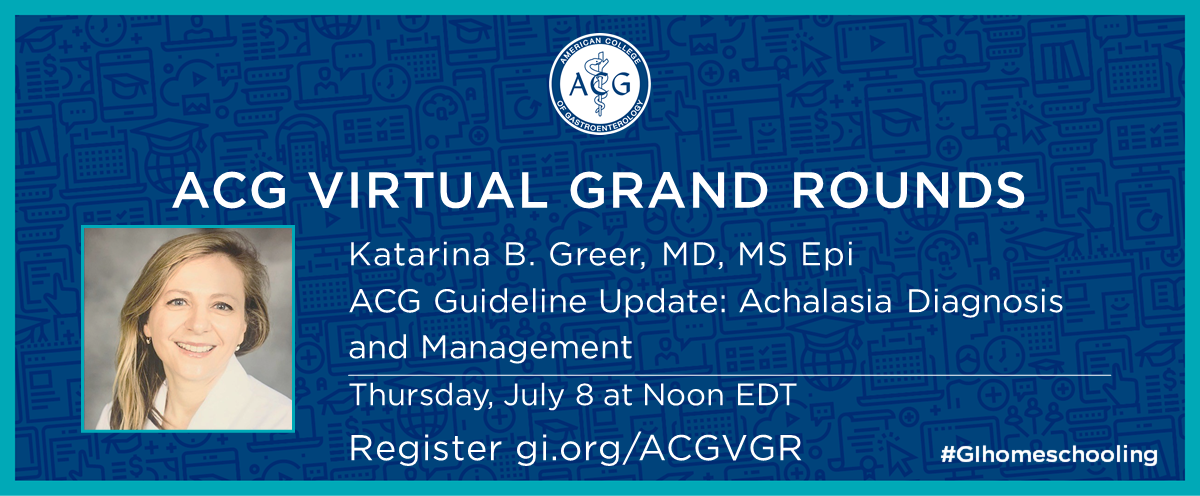New OSHA Healthcare Facility Standards: Is Your Practice Impacted?

From ACG Legislative and Public Policy Council Chair, James C. Hobley, MD, MSc, FACG
On June 21, the Occupational Safety and Health Administration (OSHA) issued an emergency temporary standard (ETS) requiring covered healthcare employers to develop and implement a COVID-19 plan to identify and control COVID-19 hazards in the workplace. The ETS was issued pursuant to the directives of President Biden’s Executive Order on Protecting Worker Health and Safety on January 21, 2021. Most provisions of the ETS must be implemented by July 6, and remaining provisions related to physical barriers, ventilation, and employee training must be implemented by July 21.
Covered Workplace Settings
According to OSHA's ETS Fact Sheet, the ETS is intended to protect workers in hospitals and employees in ambulatory care facilities where suspected or confirmed COVID-19 patients are treated, among others.
What facilities are covered?

Exemptions
The ETS contains several exceptions to applicable health care settings. Note, however, that there do not appear to be any exemptions for rural or small providers, aside from the provisions that modify requirements for workplaces with 10 or fewer employees. The ETS does not apply to:
- Non-hospital ambulatory care settings where all non-employees are screened prior to entry and people with suspected or confirmed COVID-19 are not permitted to enter those settings.
- Well-defined hospital ambulatory care settings where all employees are fully vaccinated, and all non-employees are screened prior to entry and people with suspected or confirmed COVID-19 are not permitted to enter those settings.
- Healthcare support services not performed in a healthcare setting (e.g., off-site services, off-site medical billing)
- Telehealth services performed outside of a setting where direct patient care occurs.
Click here for the ETS Flow Chart
Deadlines
If your practice is impacted by these new requirements, contact ACG for a list of the deadlines, as some must be in place by July 6, 2021. Among the deadlines notable for GI practices:
- Development and implementation of a COVID-19 plan [July 6 deadline]
- Patient and employee screening and management [July 6 deadline]
- Controls for aerosol-generating procedures [July 6 deadline]
- Physical barriers [July 21 deadline]
- Ventilation [July 21 deadline]
New ACG Practice Management Toolbox Article: Is Social Media Right for Me and My Practice?

From ACG Practice Management Committee Chair, Stephen T. Amann, MD, FACG
New this week to the ACG Practice Management Toolbox is an article from Ashwani Kapoor, MD, and Brian So, MD titled "Social Media Is Here to Stay and Has a Powerful Presence: Is it Right for Me and My Practice?" Social media is increasingly used by both doctors and patients. It has created opportunities to help providers connect to our patients, other healthcare colleagues, and to the general public. It is a powerful tool that can help market our practice, share health information, and manage one’s personal and professional reputation. But it also has pitfalls. Read the article to find out if creating and maintaining a social media presence is right for you and your practice.
Register Today for Upcoming FDA/ACG Public Workshops in July

From FDA Related Matters Committee Chair, Eric D. Shah, MD, MBA, FACG
Register today for the upcoming "Gastroenterology Regulatory Endpoints and the Advancement of Therapeutics VI (GREAT VI)" Workshops. The U.S. Food and Drug Administration (FDA) is partnering with ACG and other medical societies on two important GI workshops on July 21 and July 22.
The first workshop will be on eosinophilic gastrointestinal disorders. Discussions will focus on the following:
- The diagnosis and natural history of eosinophilic gastrointestinal disorders.
- Assessing clinical benefit in eosinophilic gastrointestinal disorders.
The second workshop will focus on celiac disease. Discussions will focus on the approach to drug development in celiac disease and include the following topic areas:
- The histologic endpoints to assess treatment benefit in patients with celiac disease.
- Regulatory framework for pediatric drug development in celiac disease.
- The role of gluten challenge in clinical trials
ACG Board of Governors Elections: Vote Today!

From Vice Chair and Chair of the ACG Board of Governors Dayna S. Early, MD, FACG and Patrick E. Young, MD, FACG
The ACG Board of Governors Elections are open until July 6th. You received a separate email if there is an election in your state or region. Please take advantage of this unique ACG membership benefit and select a colleague who will best represent your state/region. Vote today!

Remember to contact your ACG Governor on important state and local issues impacting you and your practice.
The ACG Board of Governors is one of the most unique aspects of the American College of Gastroenterology. Governors are ACG Fellows that are elected from the membership of a particular state or region. There are currently 77 Governors across seven different regions in the U.S. and abroad. The Board of Governors acts as a two-way conduit between College leadership and the membership at-large. This helps the College make certain it is meeting the evolving needs of the membership.








